Three Lafayette students share their experiences of sexual assault
It’s coming up on the one year anniversary of the day that she was raped at Lafayette. She sits cross-legged on her bed, recalling the incidents of the night she barely remembers, but will never forget.
In her junior year, Amy (all victims’ names have been changed to protect their identity) came home from a party after drinking more than she had intended.
“I don’t remember how I got home,” she said. “I barely remember leaving the party.”
Two friends got her back to her room. When she awoke the next morning, she was in her bed completely naked—a used condom on the floor. She reported the assault to campus authorities that night.
Amy is one of many women who have been assaulted on a college campus, but one of the few who chose to report her assault. According to the American Association of University Women, one in five women are targets of attempted or completed sexual assault while in college. Yet less than five percent of those crimes are reported to campus authorities or law enforcement.
The Lafayette talked to three women, all of whom had been assaulted on campus between 2012 and 2014. Their situations were different. The degree of assault was different. Their reactions were different, but all carry a legacy of guilt and anger about not only the crime, but the college’s response.
Experts note that Lafayette College has a relatively good reputation for its response to campus sexual assault. Lafayette is not among the 85 colleges under investigation by the U.S. Department of Education for mishandling such cases.
But, as these victim’s stories show, good may not be good enough.
Amy filed a report pursuing internal charges against her assailant. It took three hours of questioning by detectives and witness testimonies.
Then, nothing.
Public Safety “completely forgot about my case for about two weeks,” said Amy. “I was told that I’d get a phone call from Greg Meyer,” the director of Student Development.
“After about two weeks of waiting, I finally decided to call him, because I didn’t know what was going on,” she said. “Something had happened and Public Safety forgot to send him my report. They forgot to even finish writing up my report.”
Eventually, Amy had a hearing and a decision was made the next day. She was advised not to go for expulsion, because she was told it would probably not happen. Amy’s assailant was found guilty of sexually assaulting her. Yet, Residence Life made Amy move out of her room.
Linda, a recent graduate, was a junior at the time of her assault in 2013. It was 2:30 p.m. when a resident of her building came into her room, blocked the door, and began forcing her clothing off. She was completely sober.
Like Amy, Linda pressed charges against her assailant, only to have Public Safety drop her case, she said.
“Because Public Safety messed up, I didn’t get the justice I wanted, which pissed me off to no end,” Linda said.
The assault had a significant effect on Linda’s ability to do her job as an RA.
“I was very conflicted because I loved my job and I loved my community, but I hated what had happened to me,” said Linda, who continued to see her assailant on campus. She was told she could quit. “But then I thought, if I quit, then the guy who assaulted me wins.”
Director of Public Safety Robert Sabattis and Greg Meyer were both contacted for response to claims that Public Safety had failed to adequately report these cases of sexual assault. Neither were able to comment on the specifics of any one case.
Mary, who was a freshman when she was assaulted, claims that she knows “more women than I can count” who have been sexually assaulted at Lafayette. She chose not to report her case, in part because she blamed herself.
“I didn’t feel like I was strong enough to go through all of that,” Mary said.
“I don’t feel much better than I did the day after, to be honest,” she said, adding she sought short term counseling. “Most days don’t go by where I think of how different my life would be if that didn’t happen.”
There is “no one set pattern of reacting” to sexual assault, said Susan Basow, professor of psychology and women and gender studies. While responses range from denial to intense emotions, common denominators may be sleeplessness, anxiety, binge drinking or drug taking and poor educational and job performance.
Basow said that some of the most damaging effects can be minimized with supportive response, meeting other survivors, and something as basic as individuals acknowledging that “something serious” has happened to them.
Lafayette does have more options for victims than they did just two years ago, said psychologist Melissa Garrison, who runs a sexual assault recovery group on campus.
Staff have been trained to be first responders, there is a 24-hour hotline and victims are learning to deal with feelings of isolation and alienation that often accompany these crimes.
Experts agree, however, that confronting one’s attacker can often be one of the strongest factors in recovery.
Amy agreed: “More people need to report it. That’s the only way this is going to stop.”


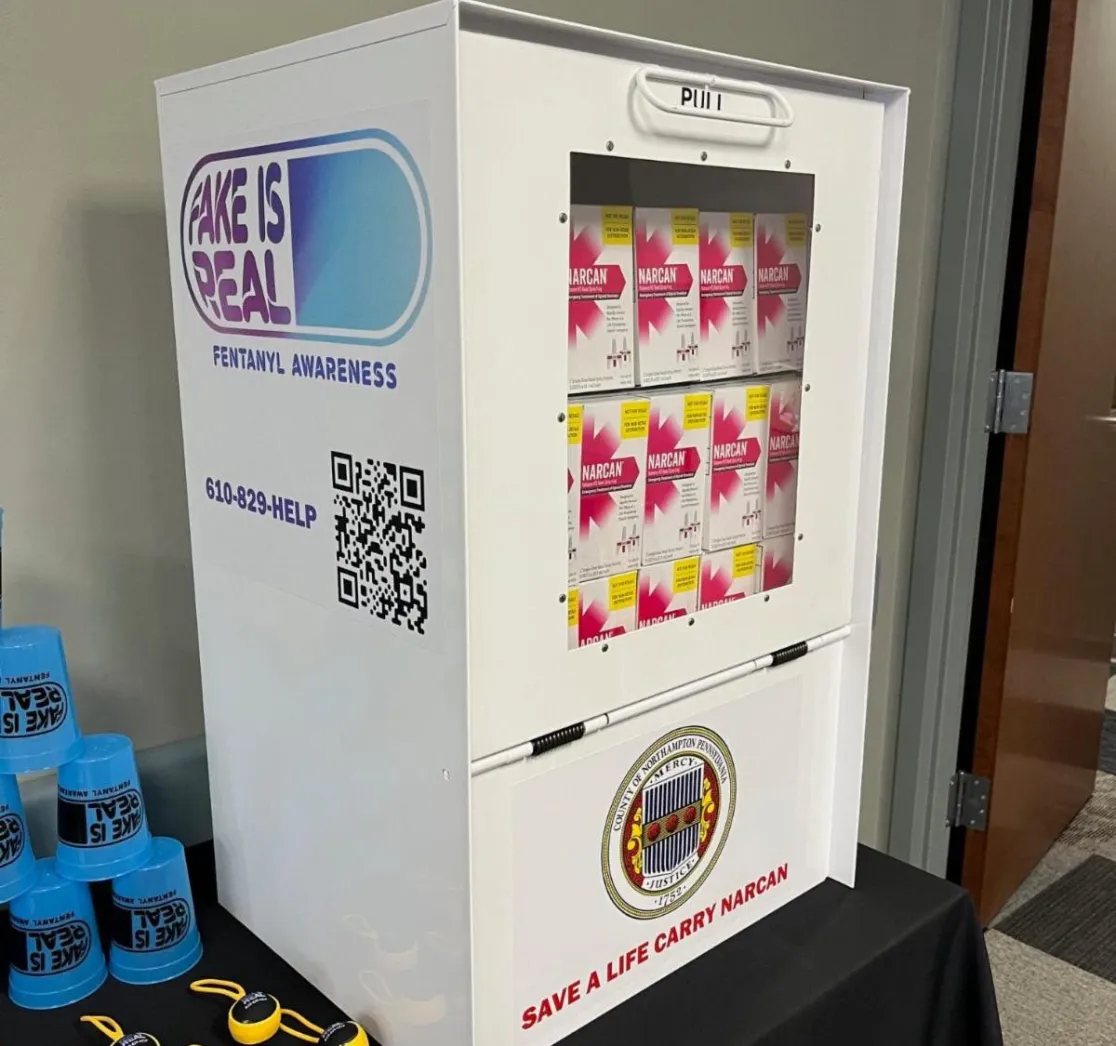
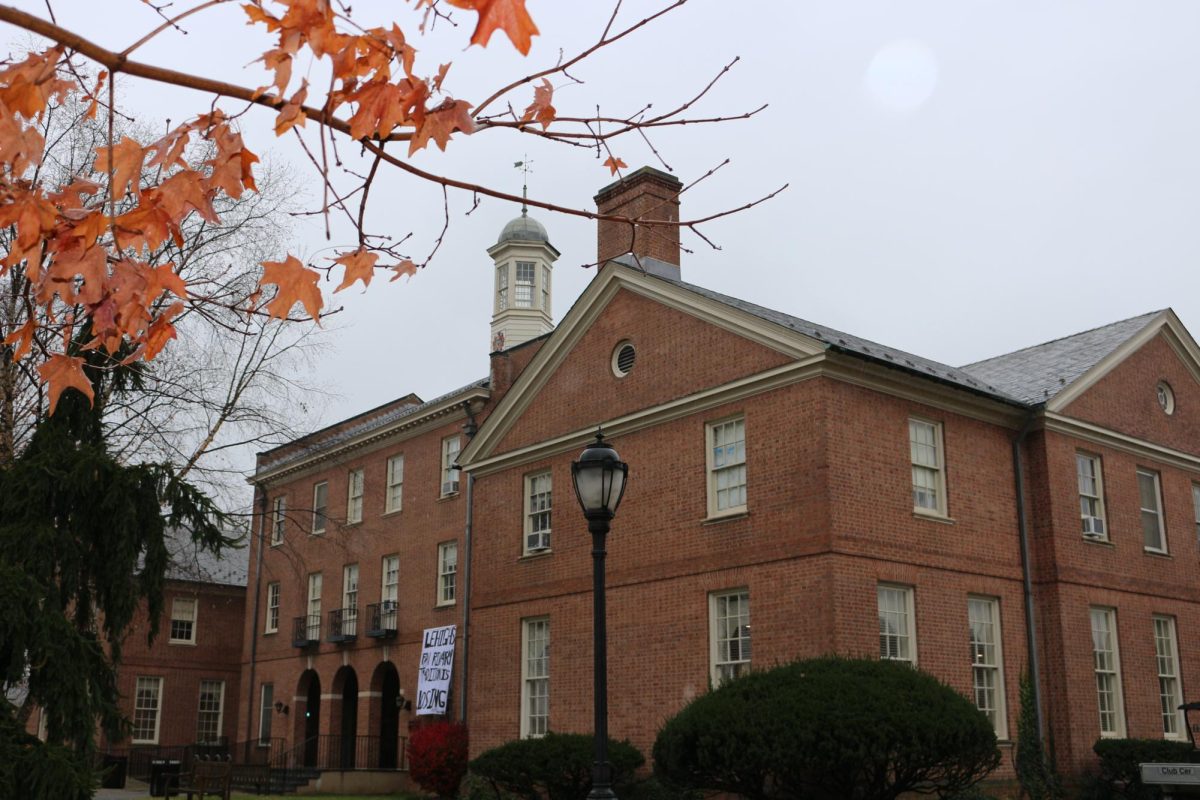








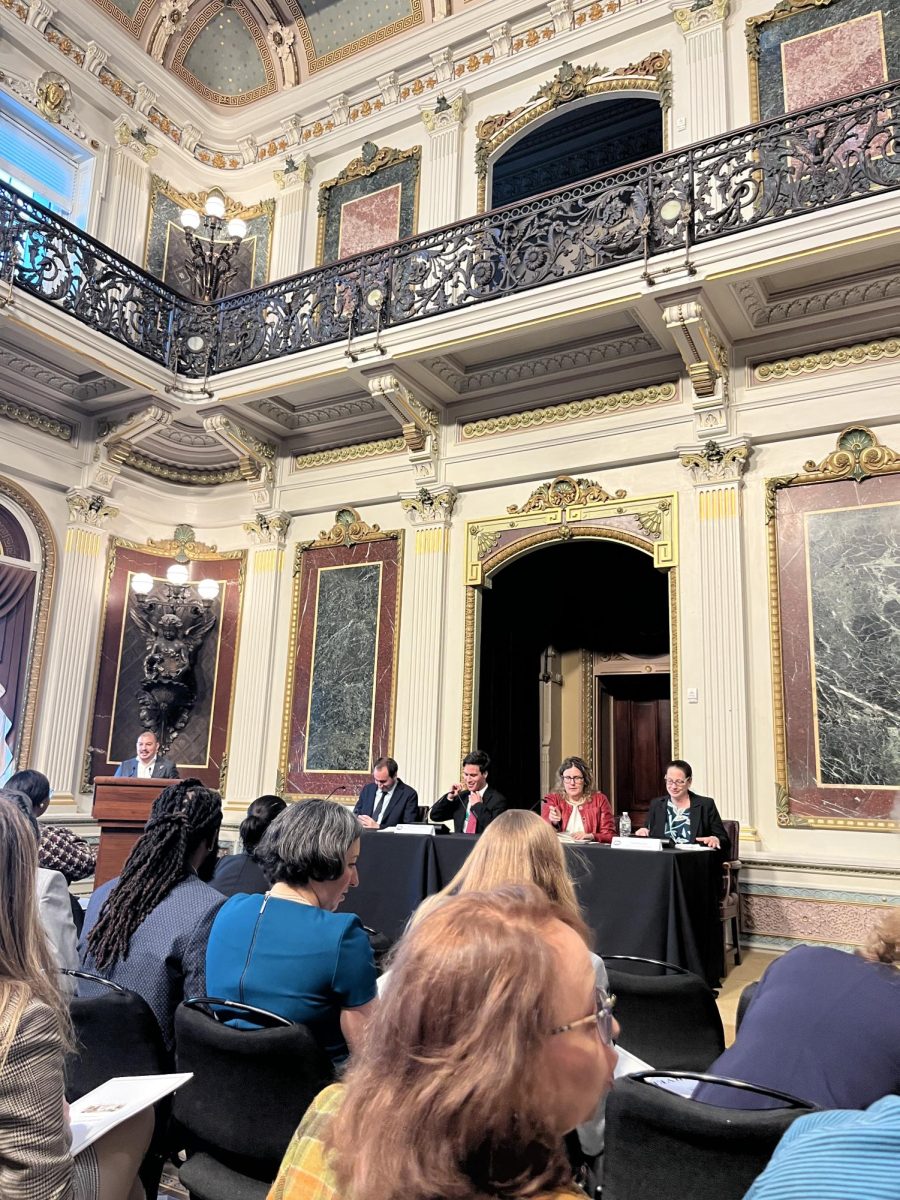
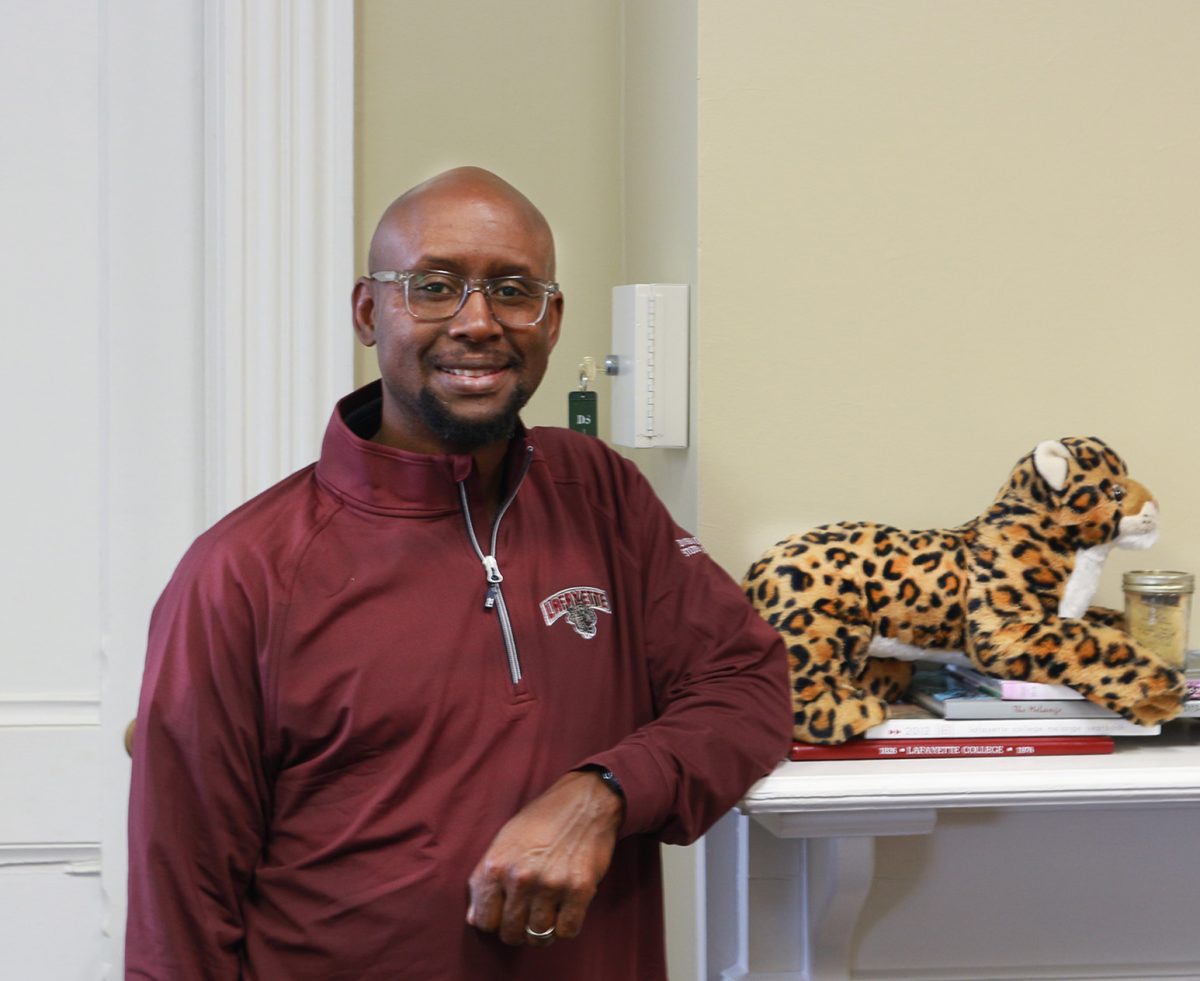
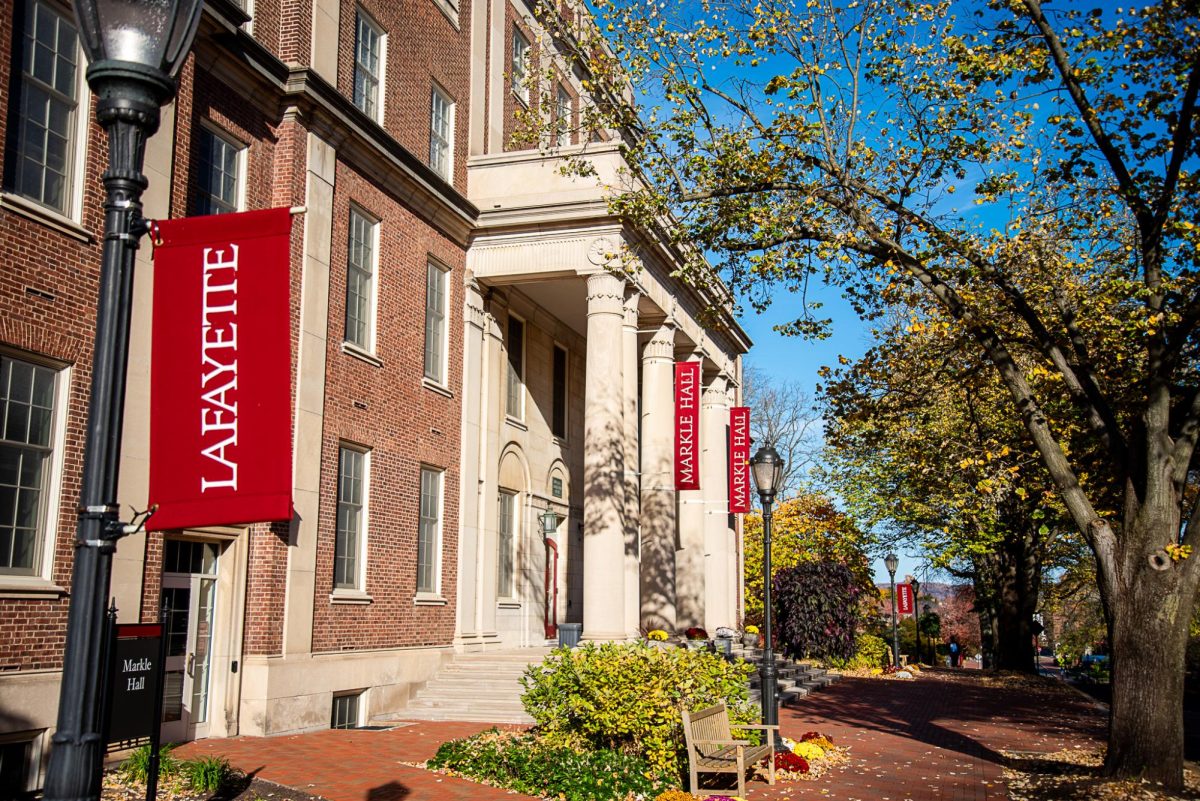

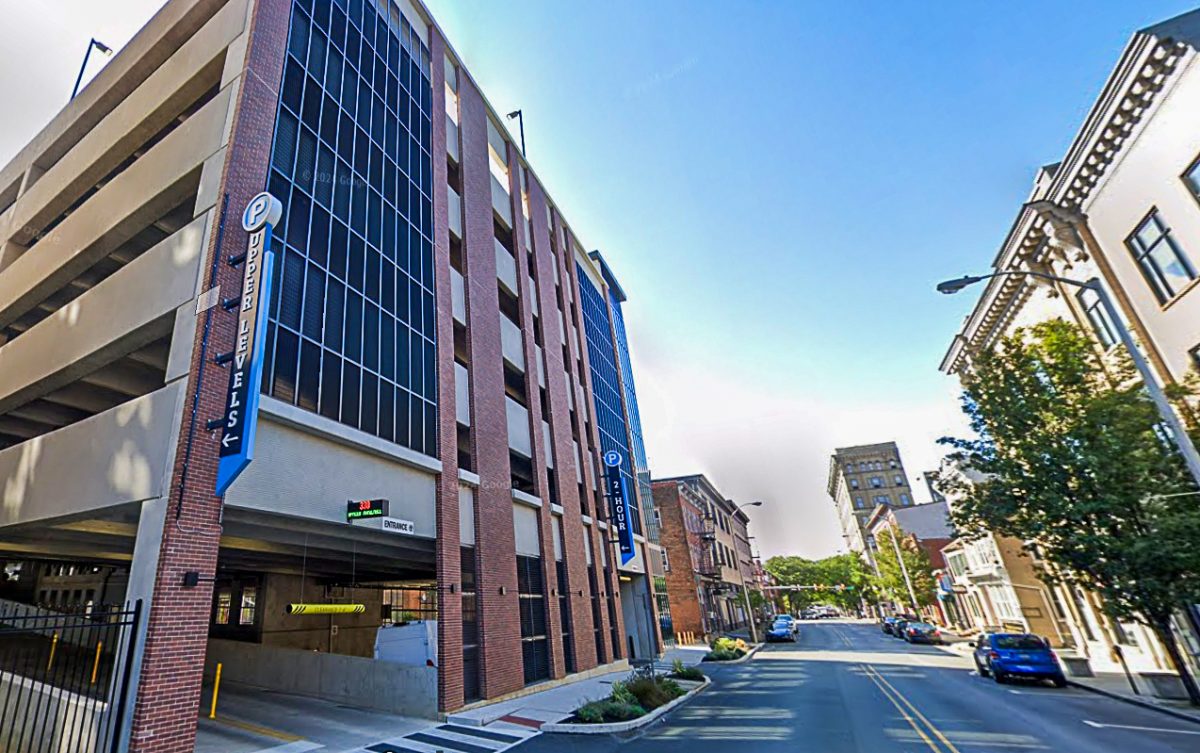


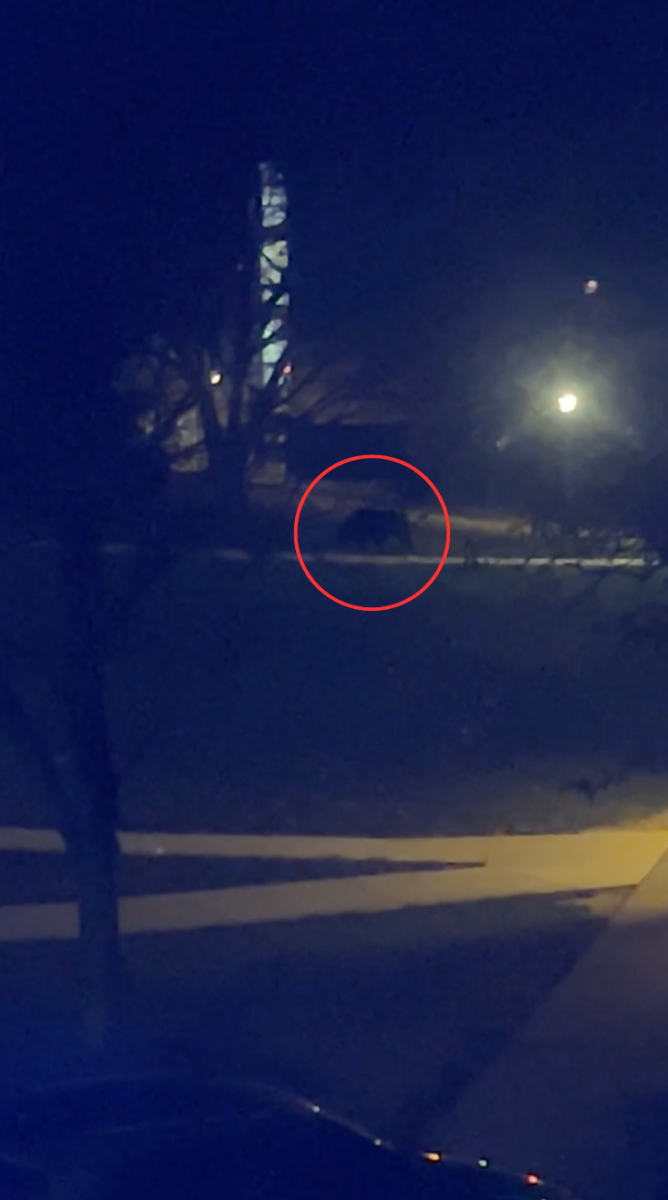





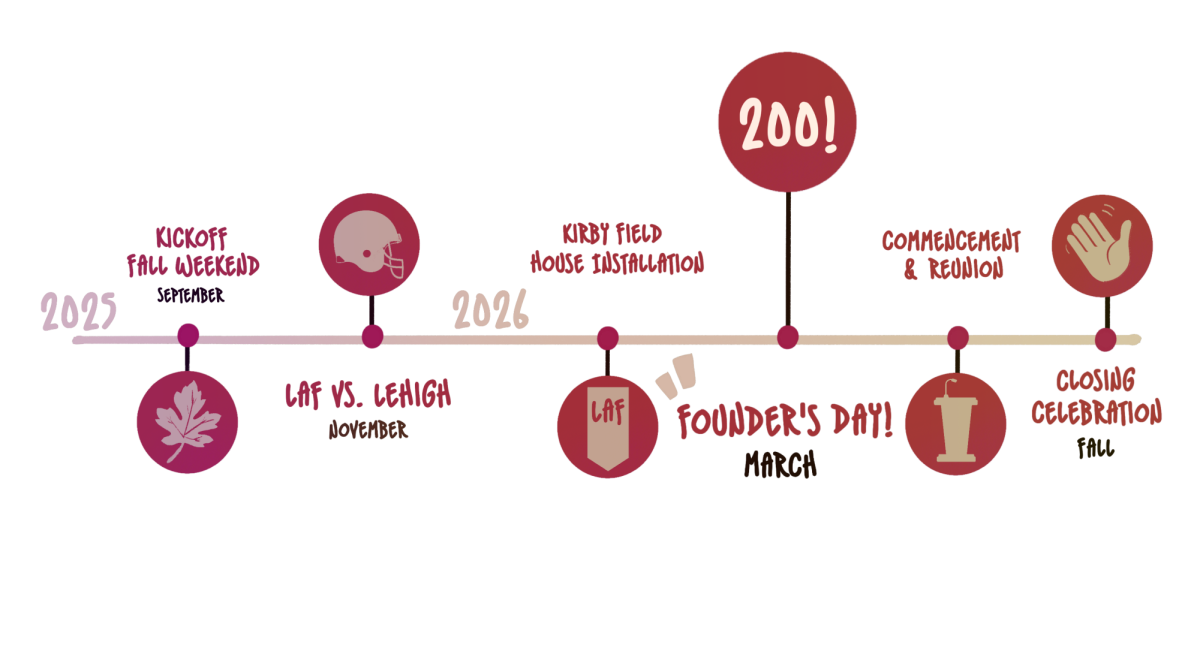
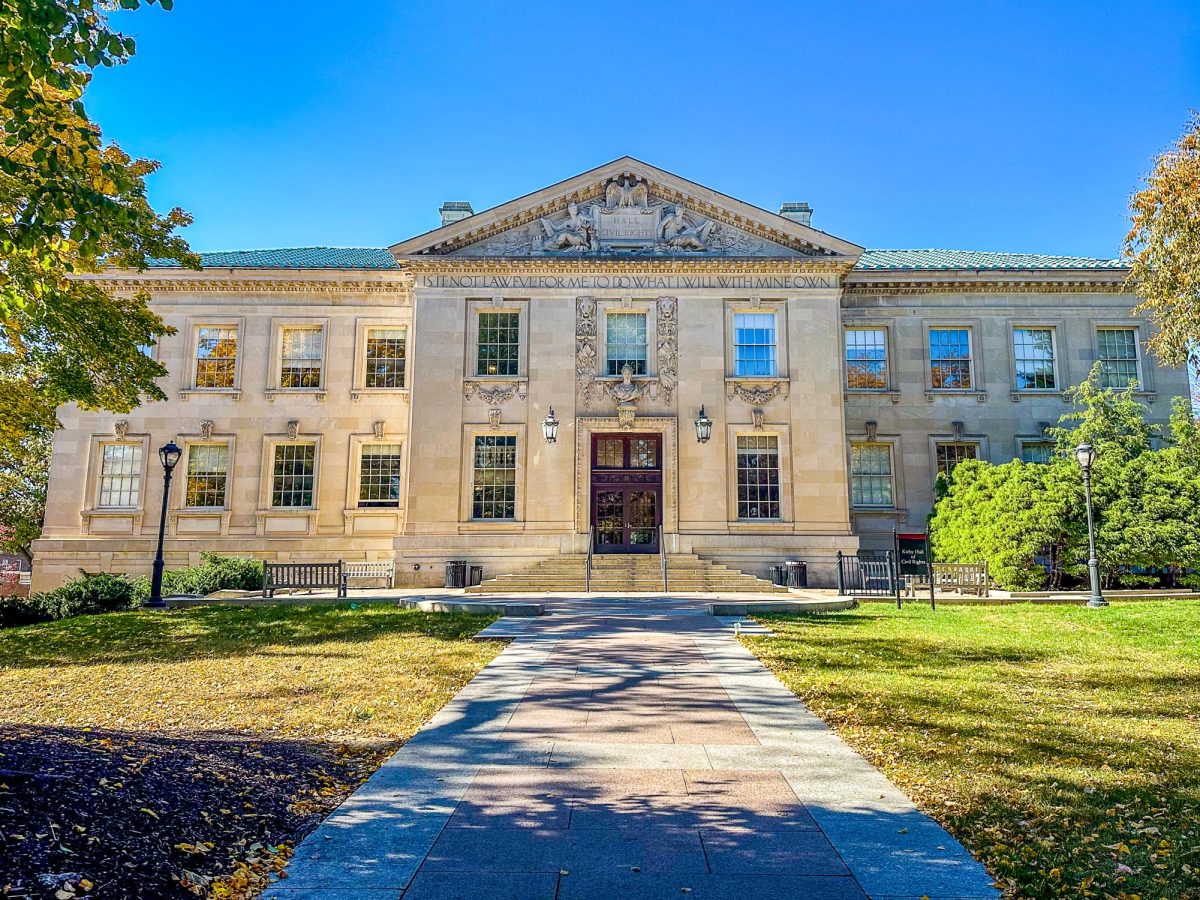


































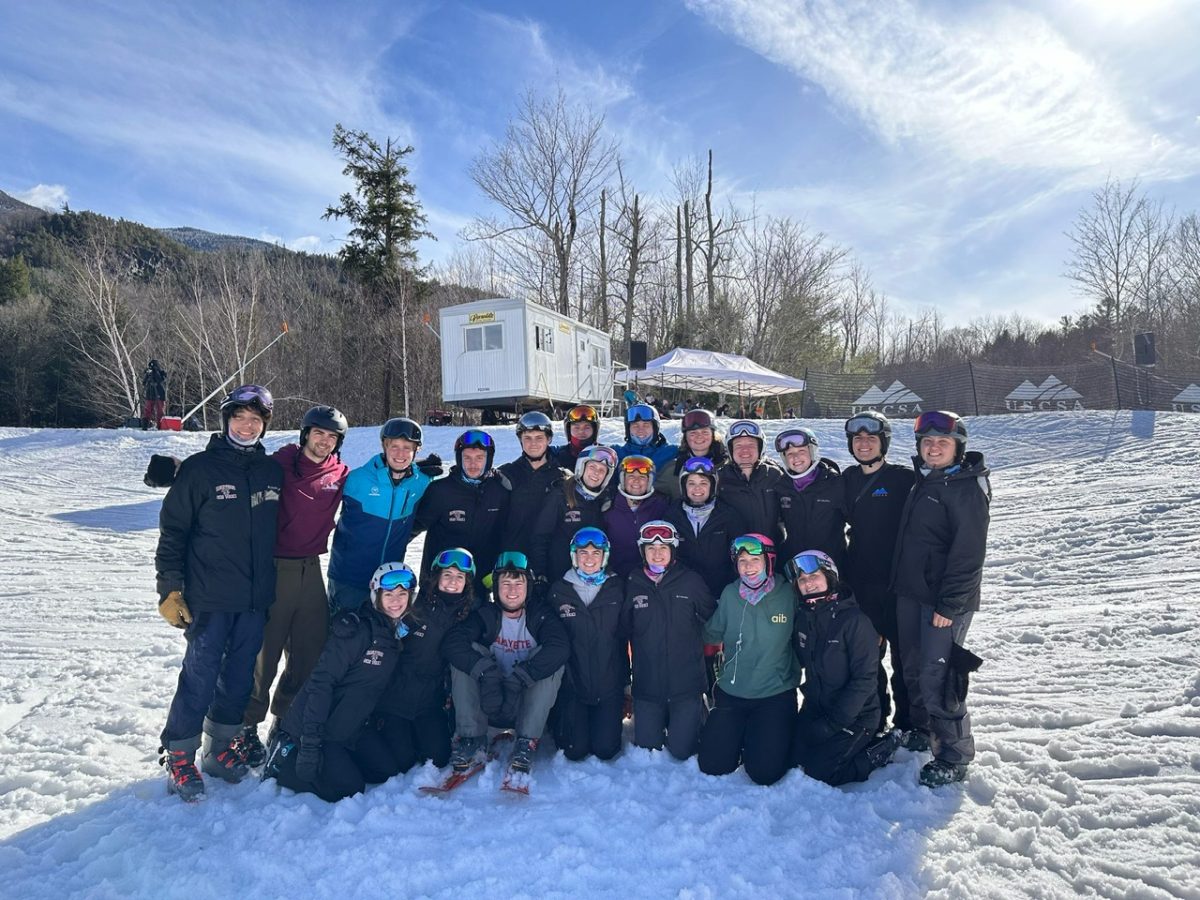
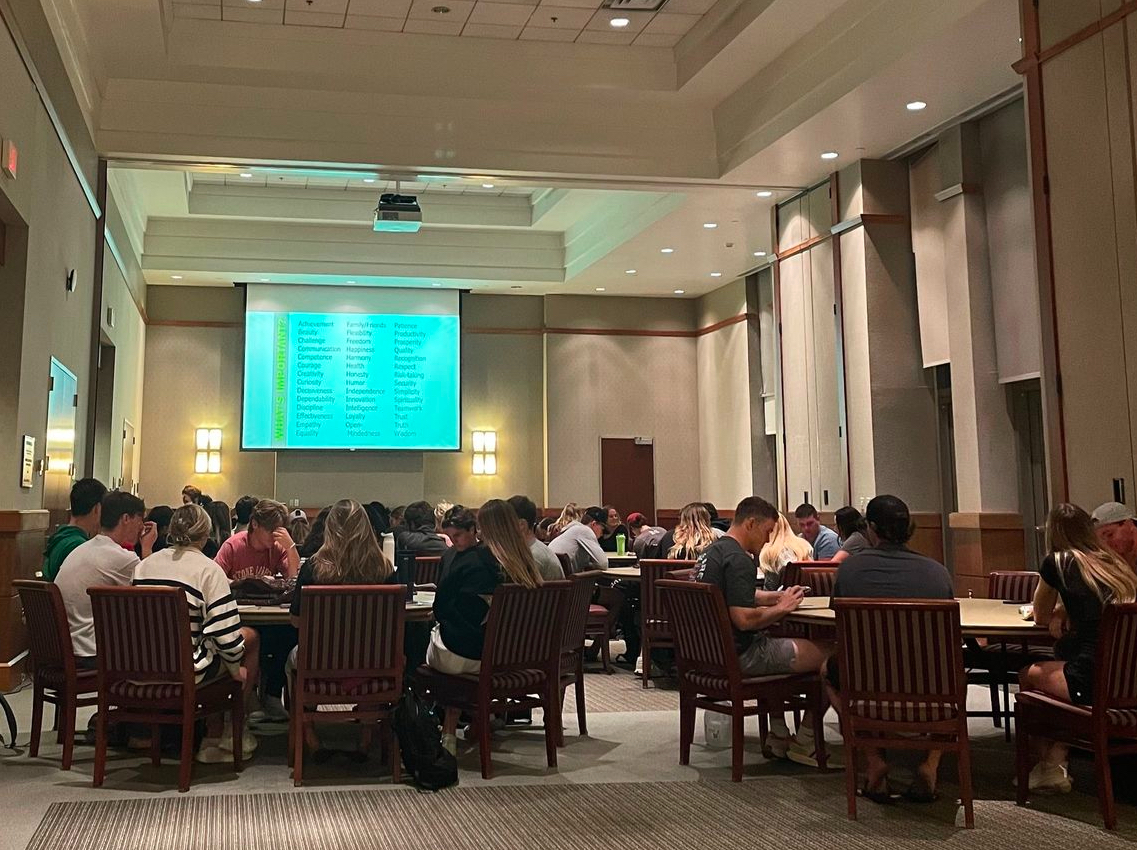




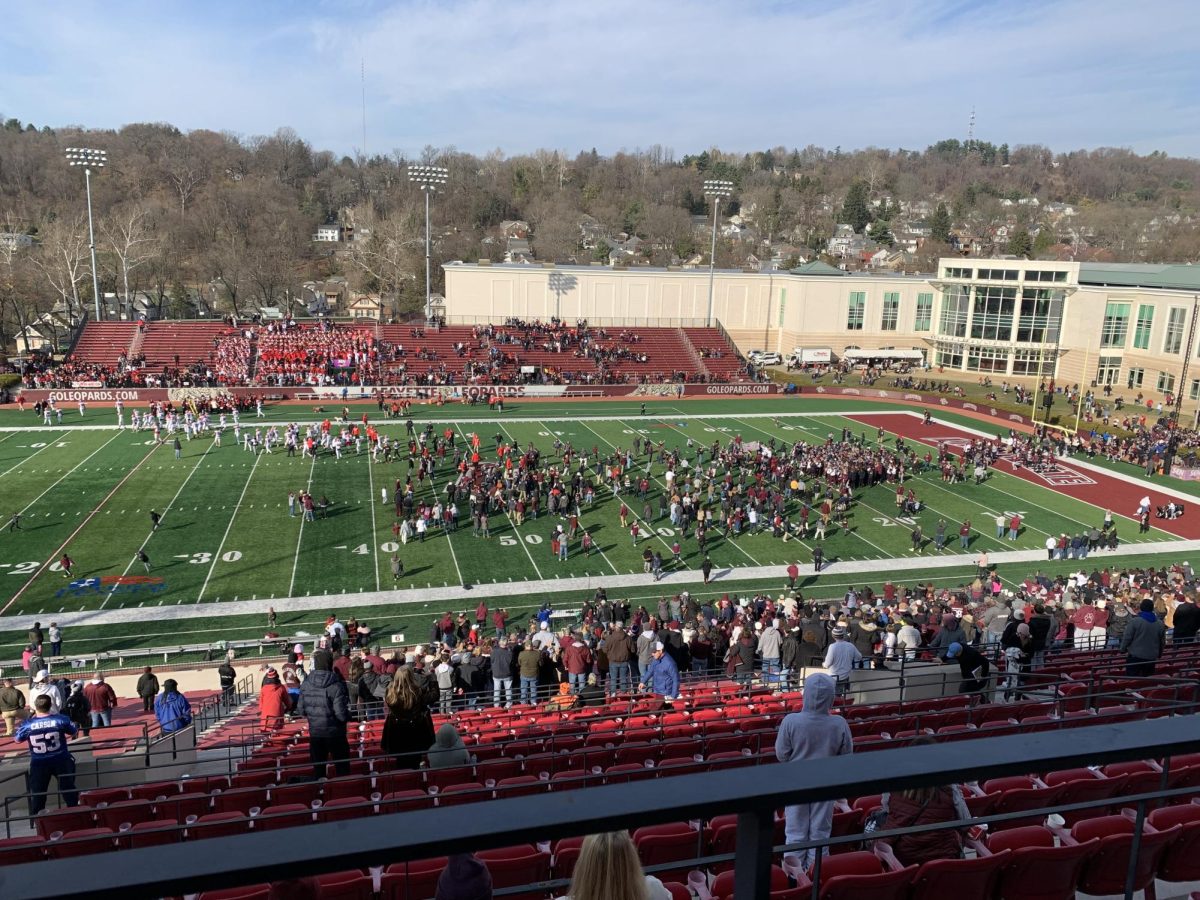






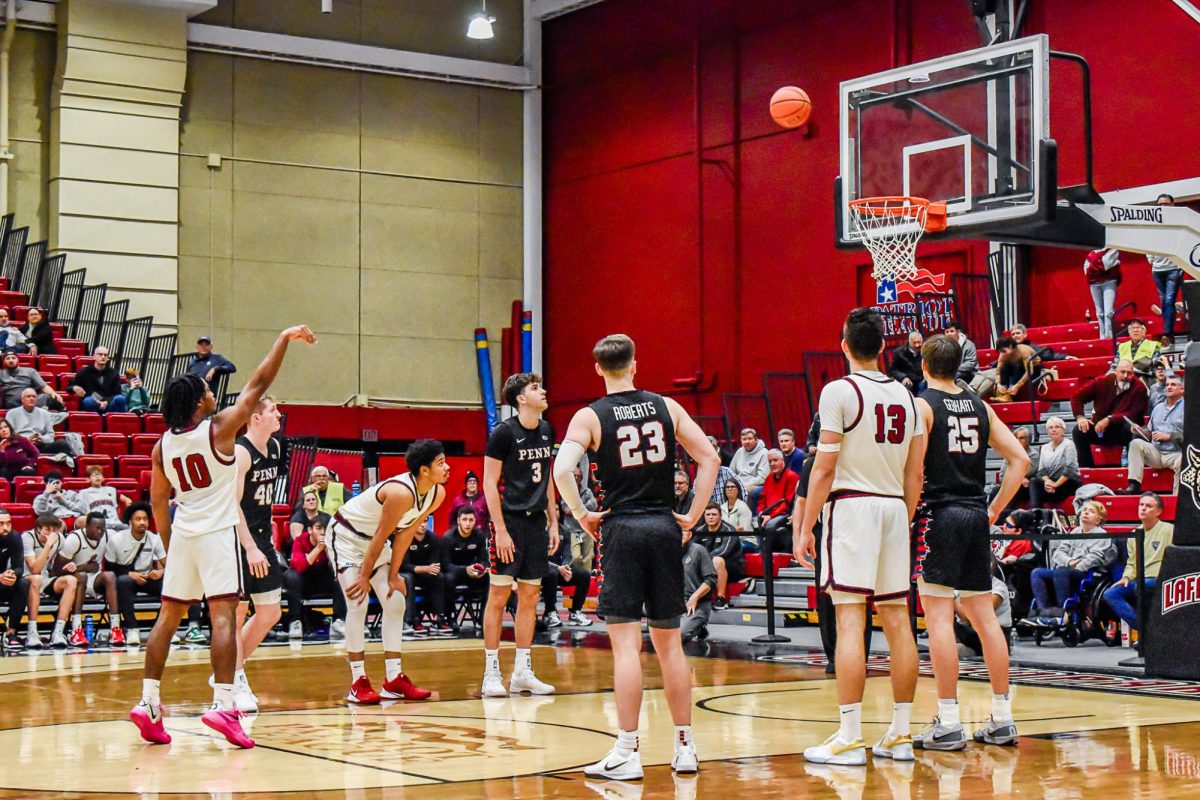



























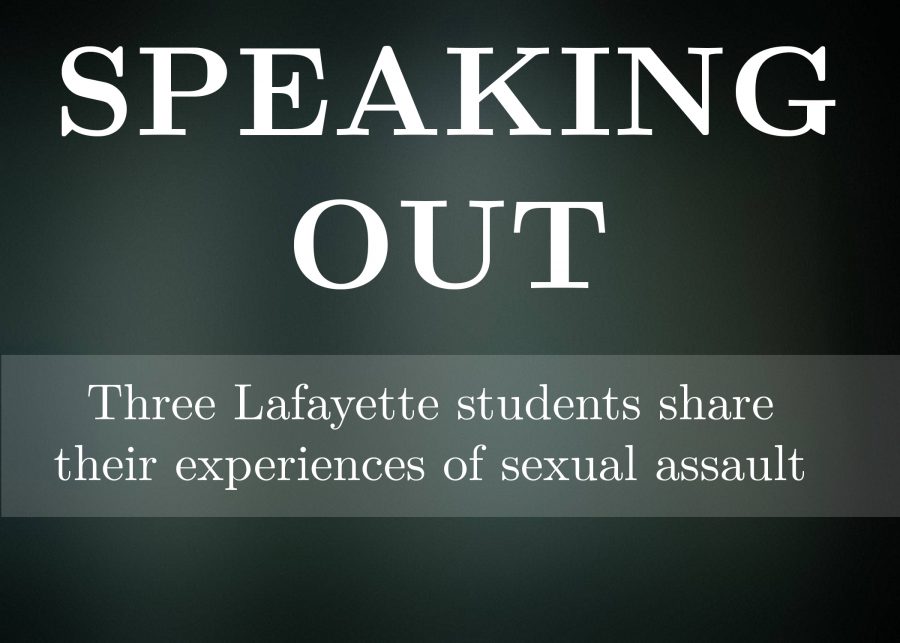
Peter '14 • Mar 17, 2015 at 11:49 am
I know that these stories are true and that college officials have been failing to finish reports. I hope that this story gives others the strength to come forward and puts pressure on the college.
another anonymous • Mar 17, 2015 at 8:22 am
What good will reporting do if Public Safety isn’t doing their job with a case? How can victims feel comfortable reporting their assault if Public Safety isn’t doing what they’re supposed to in these situations?
anonymous • Mar 15, 2015 at 7:11 am
Sounds like a bunch of bologne to me. This article does not seem to be based on any fact.
Also Anonymous • Mar 16, 2015 at 6:36 pm
Thank you, whoever you are, for your tragic, and wholly expected, dismissal of this serious issue. The women in this article have already been brushed aside by too many of their peers and their college, must we add an ignorant internet troll to the list?